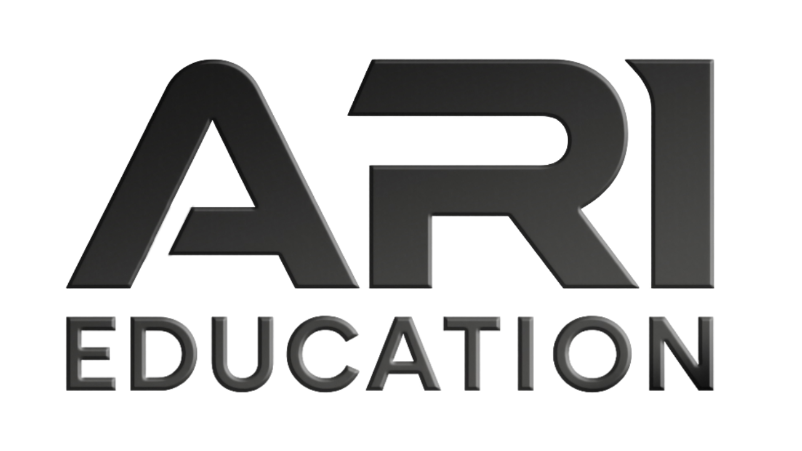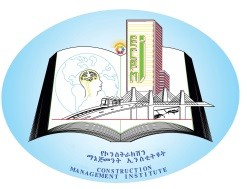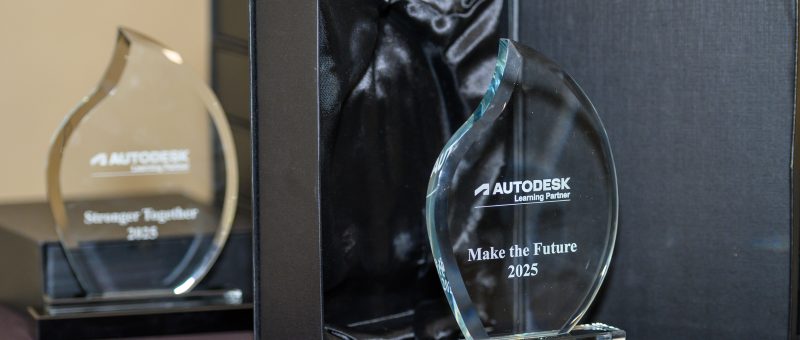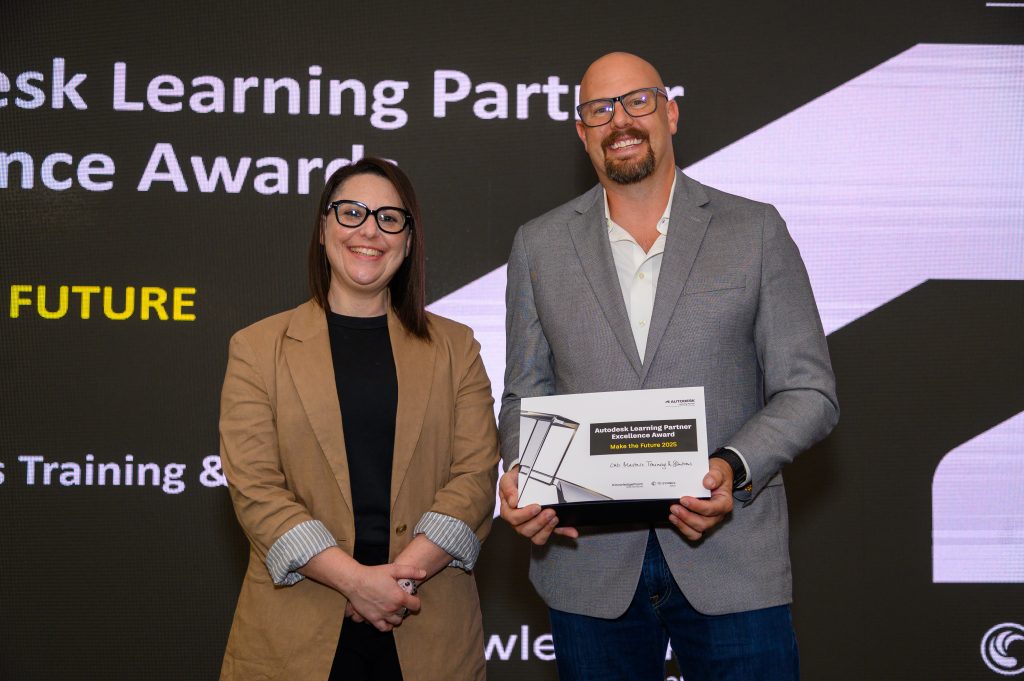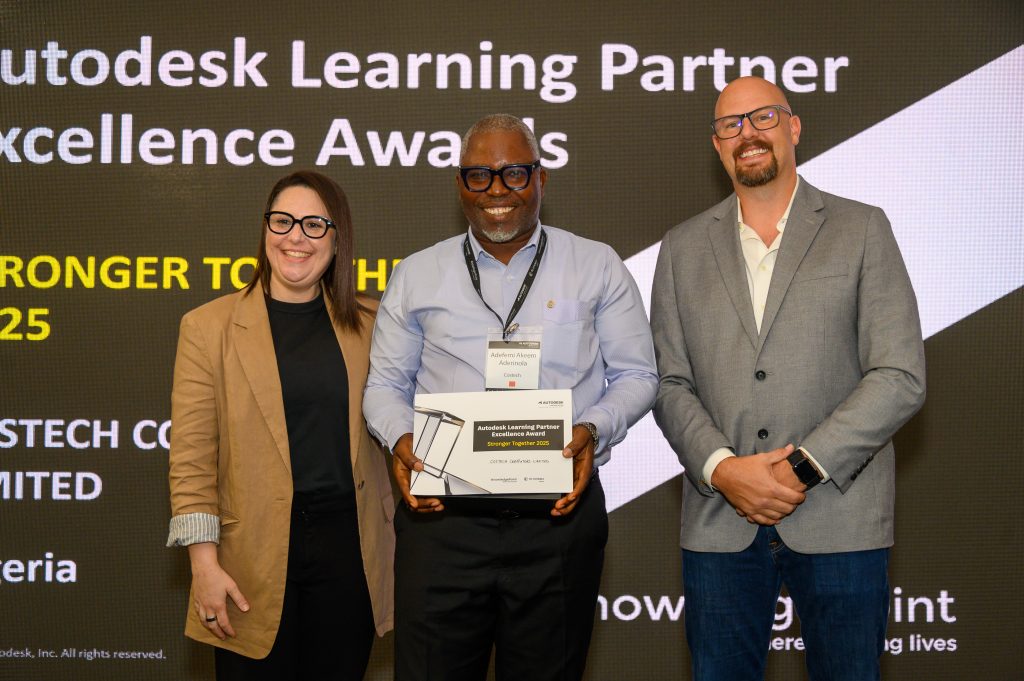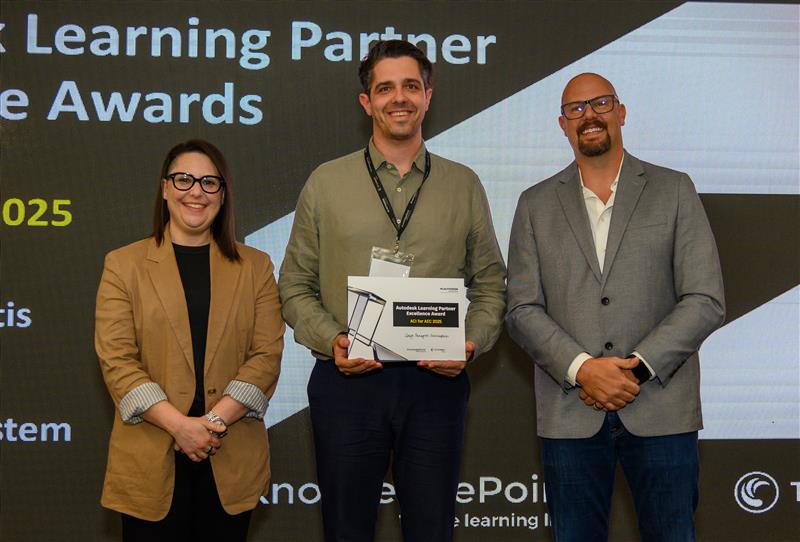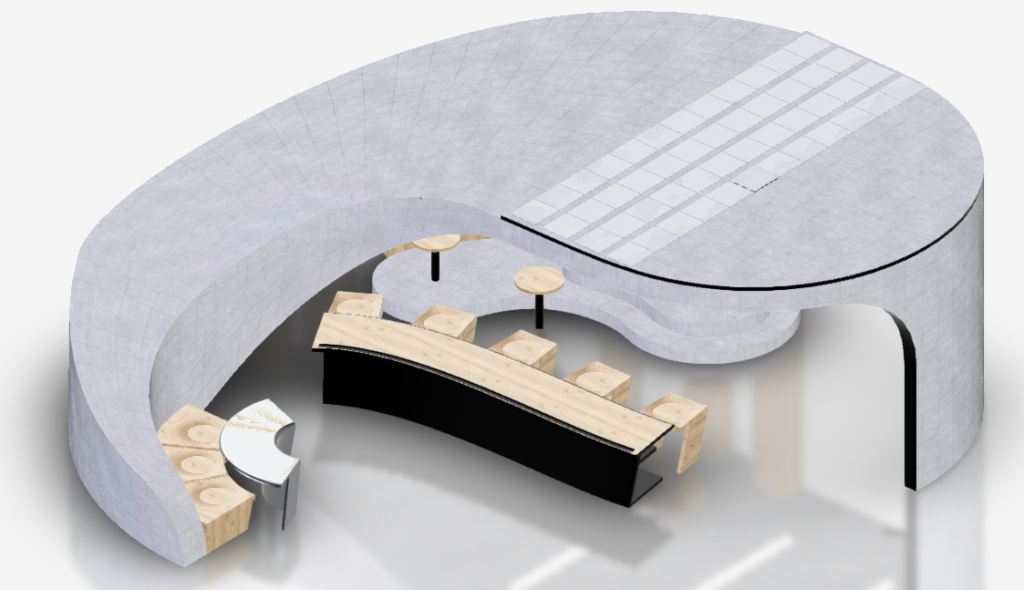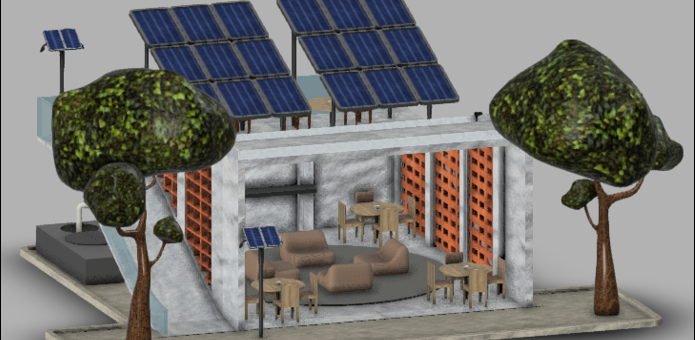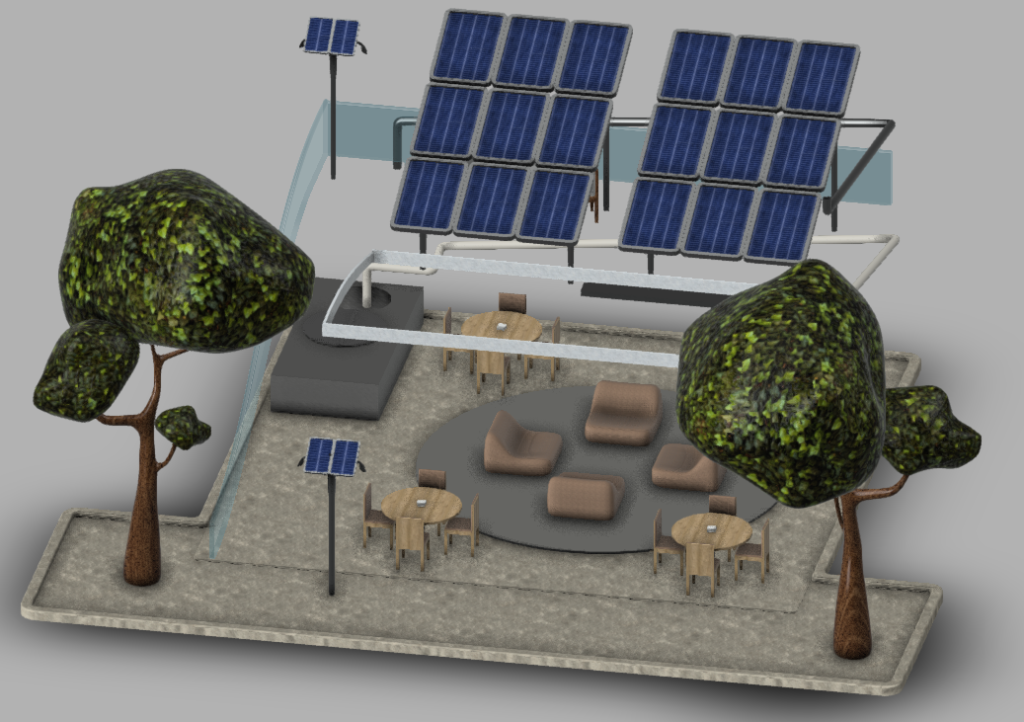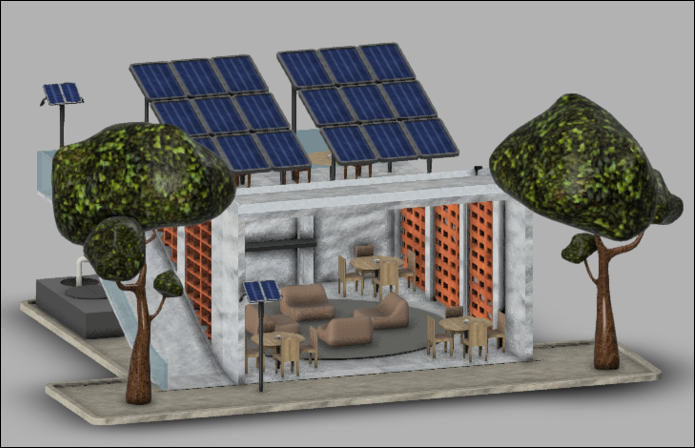The story we keep hearing – we need more people with the right skills
Engage with the design, planning and delivery of almost any AECO project today – from a high-rise in the Middle East to an infrastructure programme in Africa – and something becomes apparent. The tools and technology have advanced – but there are insufficient people to fully master them.
BIM isn’t just software on a desktop. It is a discipline threading through design, construction, and operation. The work showcased within our new BIM Realities report reveal a truth: digital transformation is only as strong as the people who deliver and drive it.
We know that for decades, informal learning quietly carried a mainly analogue industry forward. Engineers picked up modelling skills on the job. Project teams often learned to coordinate through trial and error. For a time, it worked. But as projects grow in complexity, scale, and connectivity, ad-hoc upskilling is no longer enough. The gaps are visible, and the stakes are high.
Across the BIM Realities stories, we build a picture. The industry can no longer rely on informal, ad-hoc learning. Structured development pathways, including certification, are becoming essential.
From isolated knowledge to organisational capability
Similarly, we see a perceptible shift from individual skilling to organisational and national capability. Many of the initiatives are designed to be scaled – they focus on regional and national capacity-building. They aim to avoid situations where a few highly skilled individuals carry a project, only for bottlenecks to emerge when they move on. They aim to move on from circumstances where knowledge lived in people’s heads, not in shared processes or standards.
Structured learning pathways can address this. Planned, role-specific, measurable programmes embed knowledge across teams. Certification provides a benchmark – a shared language of skills that partners and clients can trust.
This consistency of message and language is so important. I loved the comment from one trainee, a civil and architectural engineer working on the Ellinikon in Greece:
In the past we faced delays and rework due to miscommunication between designers and the site – drawings didn’t always match, leading to onthespot changes. We needed a tool and methodology to unify all project information. With BIM training from Face-to-Face, I gained this capability – working in a single digital environment where architects, engineers and the site share the same model.
We now all speak the same language by looking at the 3D model, rather than trying to coordinate with drawings and phone calls.
Capability, context and collaboration
BIM capability isn’t just about knowing software. It’s about using it well in context: coordinating across disciplines, understanding downstream impacts and maintaining quality over time. Organisations are realising that relying solely on ad-hoc learning is insufficient for this level of complexity.
AECO work is collaborative by nature. Designers, engineers, contractors, and operators must coordinate in real time, sometime across geographies. Trust is built on predictable, demonstrable capability.
Stories in BIM Realities highlight that structured development and certification don’t just improve individual confidence, they build collective trust. Teams know what to expect from each other, organisations reassure clients, and projects are less prone to error or rework.
Taking a strategic, long-term view
Investment in and commitment to capability development is increasingly becoming strategic, not just operational. Early-career professionals are nurtured for future roles, role-specific pathways exist, and organisational memory is retained.
This long-term perspective helps organisations to avoid reactive training and skills shortages. Structured learning and certification become investment instruments, enabling teams to be deployed confidently across projects, regions and markets.
As we see from the BIM Realities stories there are other tools in the mix driving change. On-the-job problem solving, mentorship, and knowledge-sharing are crucial – as are skills competitions, work experience opportunities. The difference is that all of these can be – and are – now embedded within formal frameworks, ensuring consistency and alignment with organisational and national goals.
The BIM Realities stories consistently show that the most successful skilling frameworks (both organisational and country-wide) use a combination of levers depending on the market context and the learner group in question. Informal learning provides creativity and flexibility, while structured programmes provide reliability and predictability. And for the future generations of engineers, designers and architects, early exposure is key.
For further information
BIM Realities is available for download here.
For enquiries, interviews, or further information, please contact: ALP-Support@knowledgepoint.com







